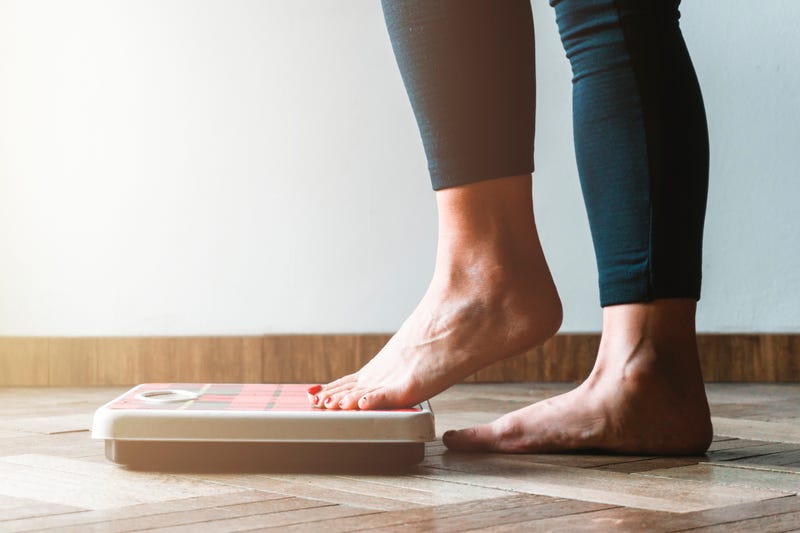
What would you sacrifice for your “ideal” body? Could you imagine giving up years of your life to attain it?
According to a recent survey, 17% of respondents said they would be willing to shave a year or more off their lives to have their ideal body. Of those respondents, 14% said they would trade up to five years of their life and 3% said they would give up more than five years.
The survey was part of the Good Housekeeping magazine “anti-diet series,” examining body image and diet culture. More than 4,250 readers of the magazine and its sister publications – Cosmopolitan, Woman’s Day and Prevention – responded. Most of those readers are women, said the outlet.
Survey participants were asked a variety of questions about body image, weight loss and dieting. Some questions were pulled directly from the National Eating Disorders Association's Eating Disorder Screening Tool.
Apart from the responses about trading years for an ideal body, the survey also found that:
· 87% of respondents have been on a diet with the purpose, at least in part, to change their weight or shape
· 6% of respondents “strongly agreed” that they feel generally happy with their bodies
· 11% of respondents said they would give up sex in exchange for their ideal body
· 25% would trade an entire category of food for an ideal body
· 13% would give up the chance to travel and see the world for an ideal body
· 60% of respondents say the way they feel about themselves is largely influenced by their weight, shape or size
· 42% say when they eat certain things or a certain amount of food, they feel the need to “make up” for it
· 45% of respondents make food choices largely influenced by their weight or size, or a weight or size goal they want to achieve
· 74% of respondents have a list of “good” and “bad” foods and eating behaviors in their head
· 51% of respondents agree or strongly agree that being thin/and or losing weight is generally a way to get healthier
· 69% of respondents agree or strongly agree being “fat, large-bodied and/or gaining weight” is generally unhealthy
· 32% think that being “thin and/or losing weight” is a sign of self-discipline and fitness
· 22% think being “fat or large-bodied” is a sign of laziness and/or lack of self-control
· 16% think being ‘fat or large-bodied” is a choice
· 62% of respondents who are parents talk about food or exercise with their children as they pertain to weight
· 35% of respondents believe our society is generally becoming more body positive and size-inclusive
· 65% believe our society has a lot more work to do in terms of body positivity
While Good Housekeeping noted that feeling insecure is “part of being human,” experts quoted by the magazine said deriving self-worth from the way our bodies look can have negative impacts. These include: doubt, shame, isolation and negative self-talk.
“Diet culture teaches us that we are not good enough as we are and that we need to change — we internalize those messages and they become part of our self-talk,” said Rachel Goldman, Ph.D., a clinical assistant professor in the department of psychiatry at the NYU School of Medicine, according to another article in the Good Housekeeping series. “Our thoughts impact our emotions, which impact our behavior, so our thoughts can become our reality.”
Our understanding of weight and health is also changing. Although the body mass index (BMI) “has long been used as a benchmark for health,” it doesn’t actually automatically denote good health and many health care professionals believe it is out of date. In fact, according to Good Housekeeping, BMI readings can be flawed, especially for people of color.
Even so, 74% of survey respondents considered BMI at least a slightly helpful indication of health.
Blood pressure, cholesterol, blood sugar and hormone levels are better indicators, said experts. Embracing body diversity and behaviors based on overall health rather than weight are also recommended.
LISTEN on the Audacy App
Sign up and follow Audacy
Facebook | Twitter | Instagram